If You Know These Things, You Were Probably Born Before 1980
Ever have a moment where something small reminds you of a totally different era? Maybe you spot an old gadget or remember a habit that no one seems to do anymore.
If that sounds familiar, you might have grown up before 1980. Life looked a lot different, and some of those memories just hit differently.
Using a rotary phone to make calls
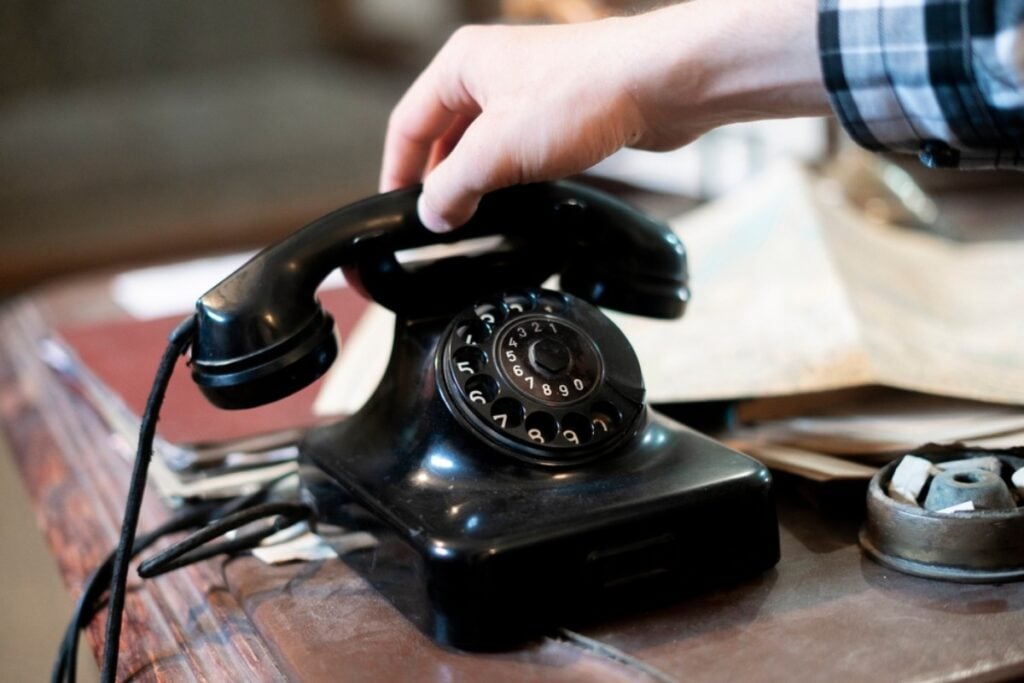
Rotary phones were part of everyday life. You picked up the receiver, put your finger in the right hole, and turned the dial.
Each number had to be dialed one at a time. If you messed up, you had to start over.
You waited for the call to connect and hoped the line was not busy. If it was, you just tried again later.
Getting the hang of it took some patience, but there was something satisfying about the process.
For a longer look at things in homes in the 80s have a look at this great video from @nostalgicjunkies1
@nostalgicjunkies1
Waiting for a mixtape to be recorded from the radio
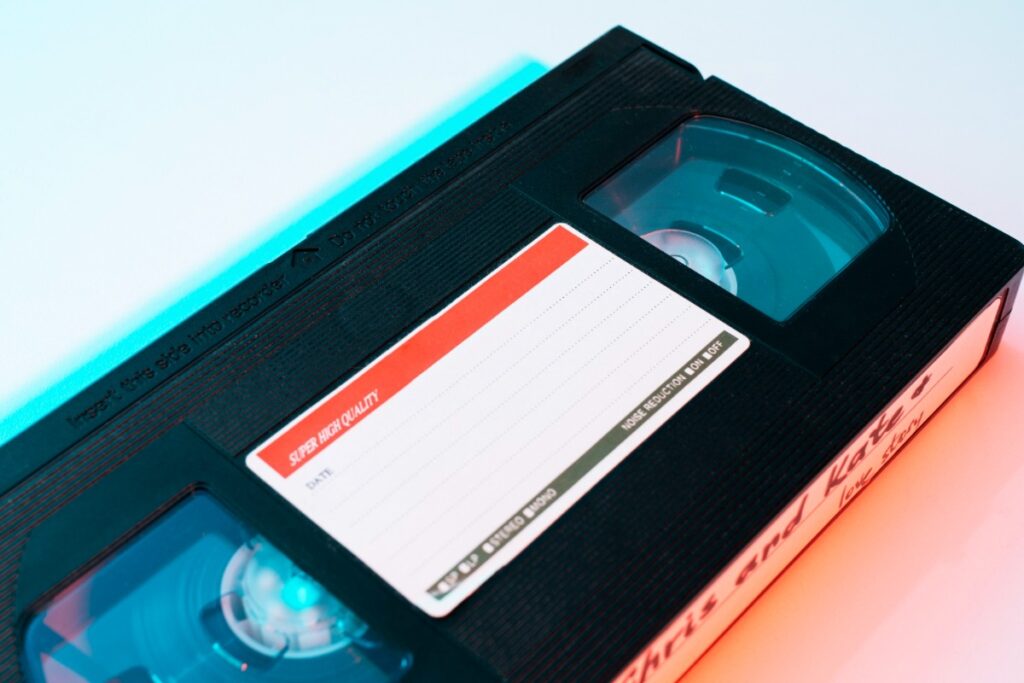
Remember sitting by the radio, finger hovering over the record button, waiting for your favorite song? Timing was everything.
You could not just stream music or download it instantly. You had to catch songs as they played live and hope the DJ did not talk over the intro.
Sometimes, calling into the station to request a song made the wait even more exciting. Once you had your mixtape, it felt like a treasure.
Circling wishlist items in a Sears catalog

The arrival of the Sears catalog was a big deal. Flipping through those thick, colorful pages felt like exploring a world of possibilities.
You grabbed a marker and circled everything you hoped to find under the tree. Each family member sometimes used their own color so parents could keep track.
It was not just toys—clothes, shoes, and even roller skates made the list. It was the closest thing to online shopping, but with a lot more anticipation.
Rewinding VHS tapes with a pencil
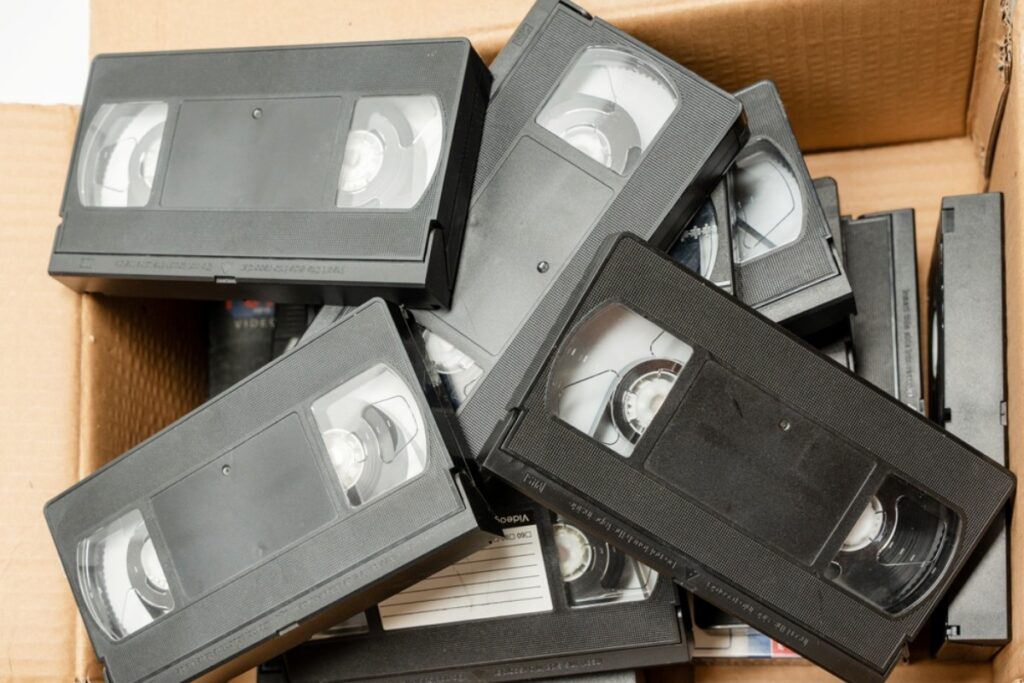
Before streaming, rewinding a VHS tape was a regular part of watching movies at home. Sometimes the VCR would not cooperate, so you grabbed a pencil.
You stuck it into the tape reel and twisted until the tape was rewound. It was a quick fix that saved time and electricity.
Not every pencil worked perfectly, but finding the right one became a small victory. It is a trick that sticks with you if you grew up in that era.
Dialing up the internet with a modem
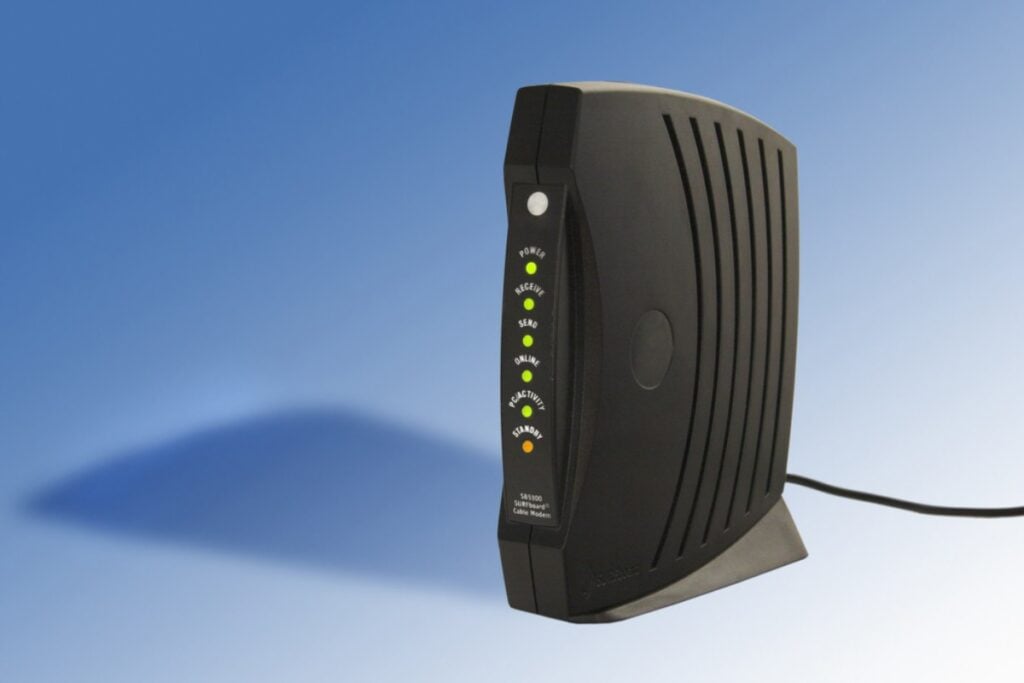
Getting online used to mean listening to that unforgettable dial-up sound. The modem would call your Internet Service Provider using the phone line.
While you waited for the connection, you hoped no one picked up the phone in another room. If they did, you were instantly disconnected and had to start over.
Internet time had to be planned because you could not use the phone and internet at the same time. It was a slow process, but it was the only way to surf the web back then.
Writing checks and balancing a checkbook
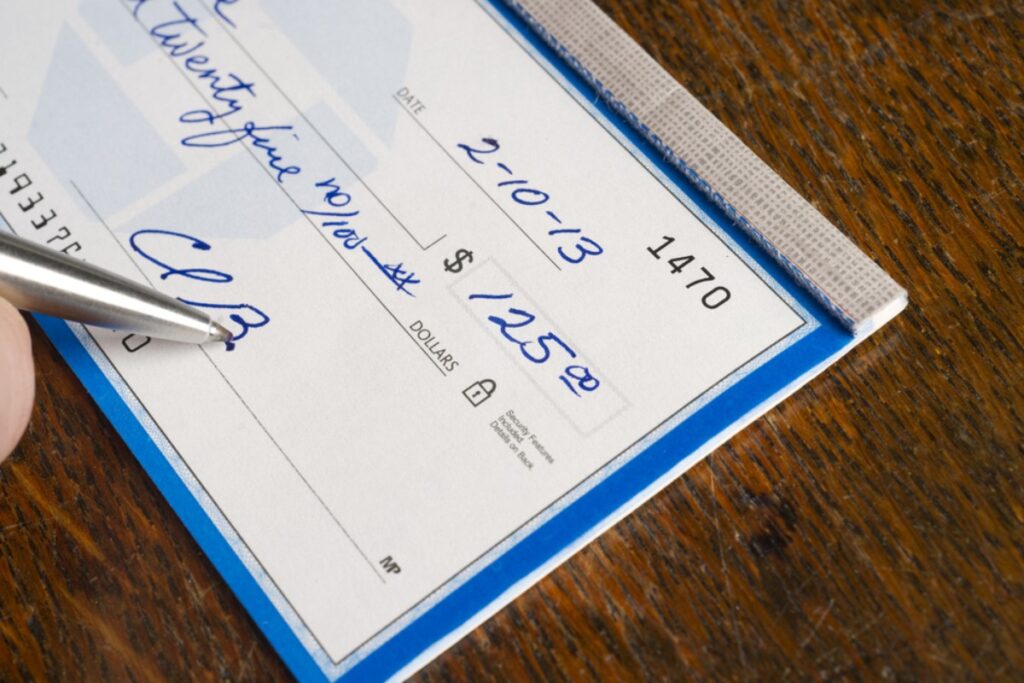
Paying bills often meant writing out checks by hand. You filled in the amount, signed your name, and kept track of every transaction in your checkbook.
Balancing your checkbook was a regular habit. You compared your records to your bank statement to make sure everything matched up.
This routine helped you spot mistakes and avoid overdrafts. Even if you rarely write checks today, the habit of keeping tabs on your money sticks with you.
Using a floppy disk to save files
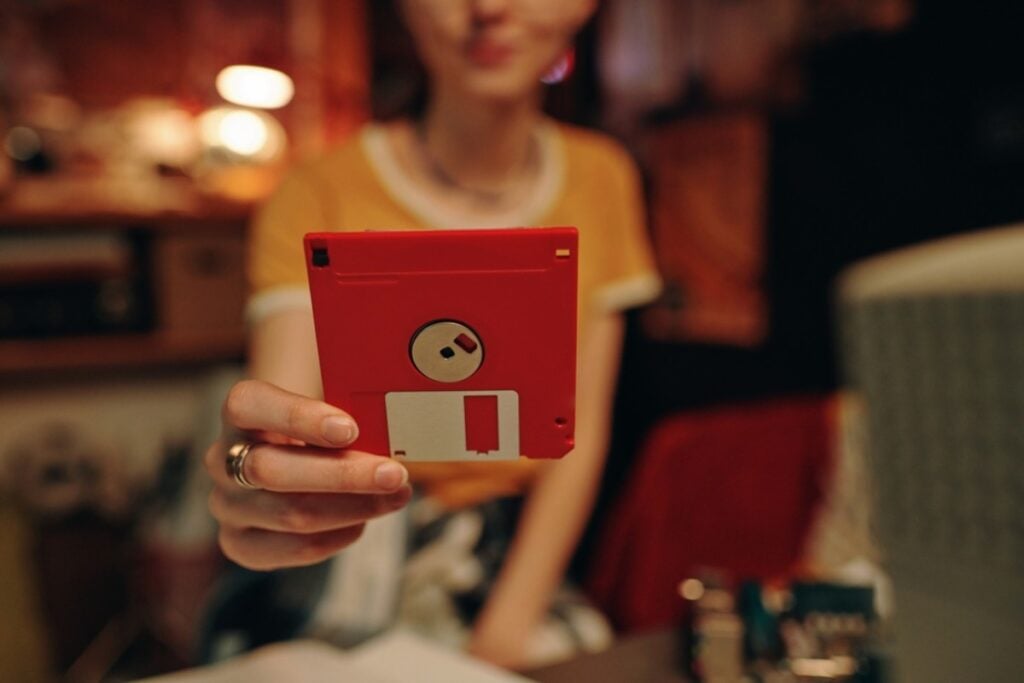
Saving your work used to mean reaching for a floppy disk. You popped it into your computer’s drive and selected it when you hit “Save.”
Floppy disks were small and fragile. They held only a tiny amount of data compared to what we are used to now.
If you wanted to open your file, you put the disk back in and waited for it to load. Sharing documents meant handing over the actual disk.
Using a Walkman to listen to cassette tapes
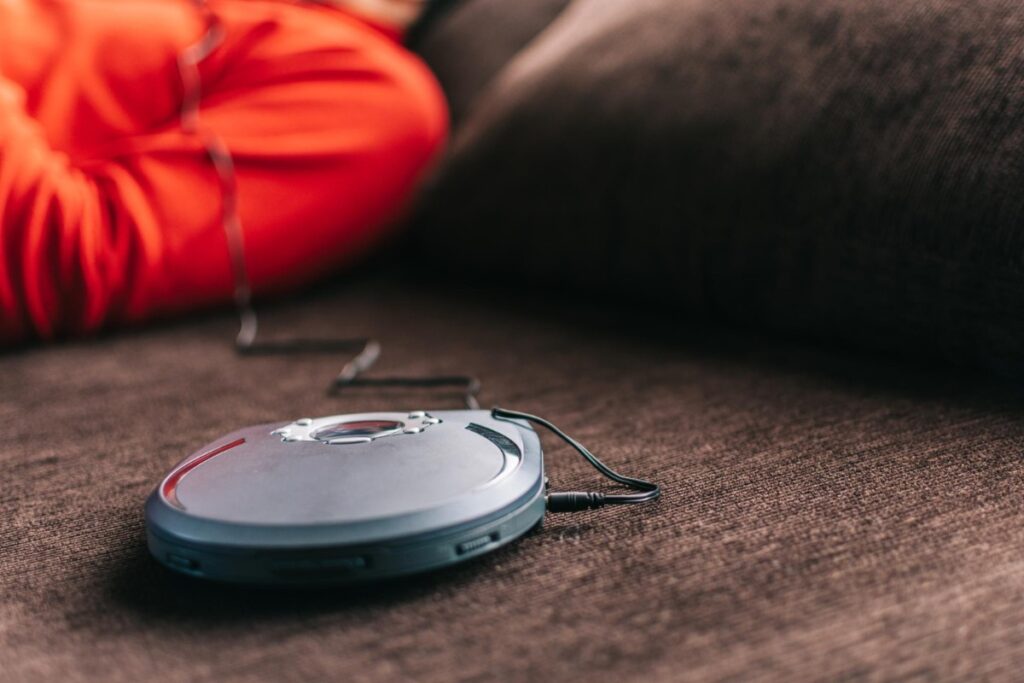
A Walkman was the ultimate way to take your music on the go. You slid in a cassette tape, closed the door, and pressed play.
Volume controls were simple, and headphones let you listen without disturbing anyone else. If the tape got stuck, a pencil could help fix it.
You always needed a spare set of batteries because nothing killed the mood like your music cutting out mid-song.
Relying on a manual credit card imprinter
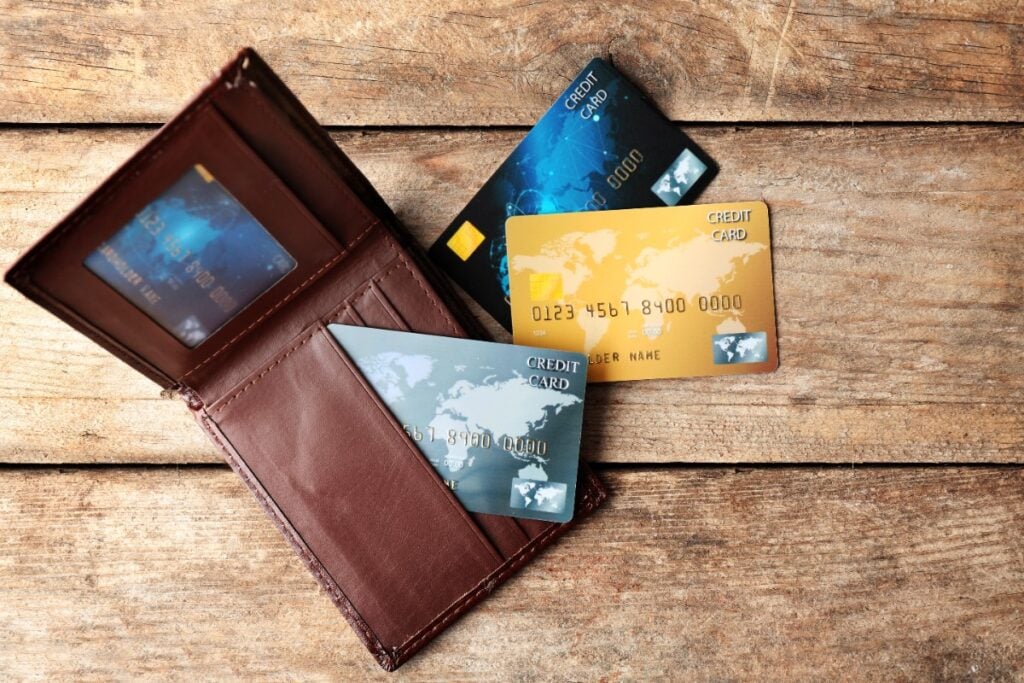
Shopping before electronic payments meant using a manual credit card imprinter. The cashier placed your card and a slip of carbon paper in the machine and slid the bar across.
You signed the slip to approve the purchase. The whole process took longer than today’s quick taps or swipes.
These machines did not need power or internet, which was handy. The routine was slower, but it was just how things were done.
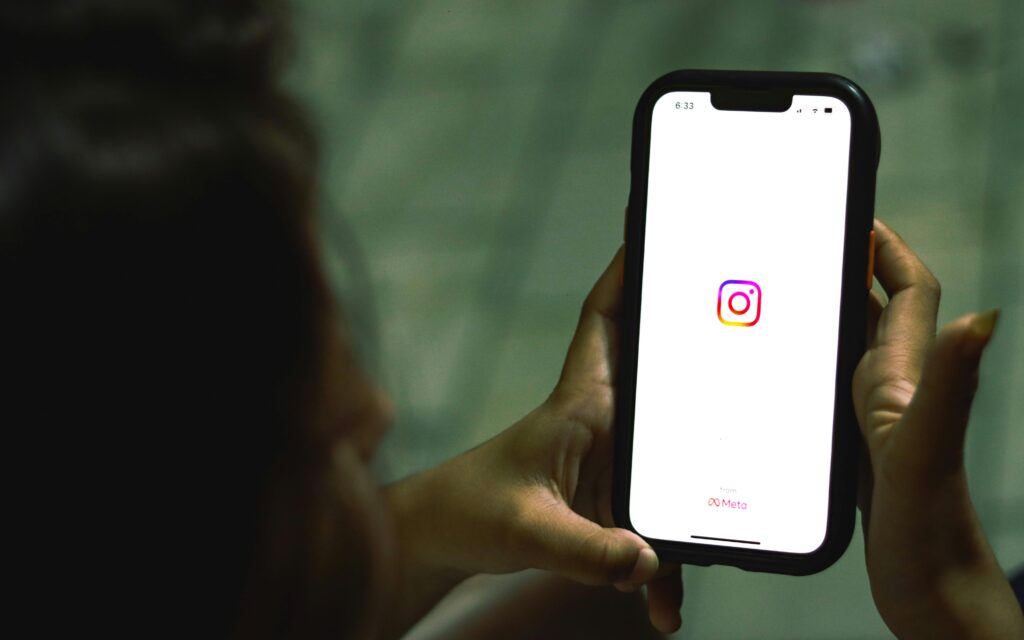
Think back to a time when connecting with people meant talking face-to-face. News reached you through newspapers, TV, or what you heard from others.
You couldn’t just check in on friends online. Instead, you caught up in person or over the phone.
Entertainment looked different. Hours could pass while you played outside or flipped through magazines.
TV shows were something you planned your evening around. If you missed it, you waited for the rerun.
Keeping your life private felt much simpler. You didn’t have to think about what details might end up shared with everyone.
Getting to know someone happened slowly. Surprises and real conversations were part of the experience.
Life moved at a pace that felt less rushed. Without the constant pull of notifications, you paid attention to the world right in front of you.







